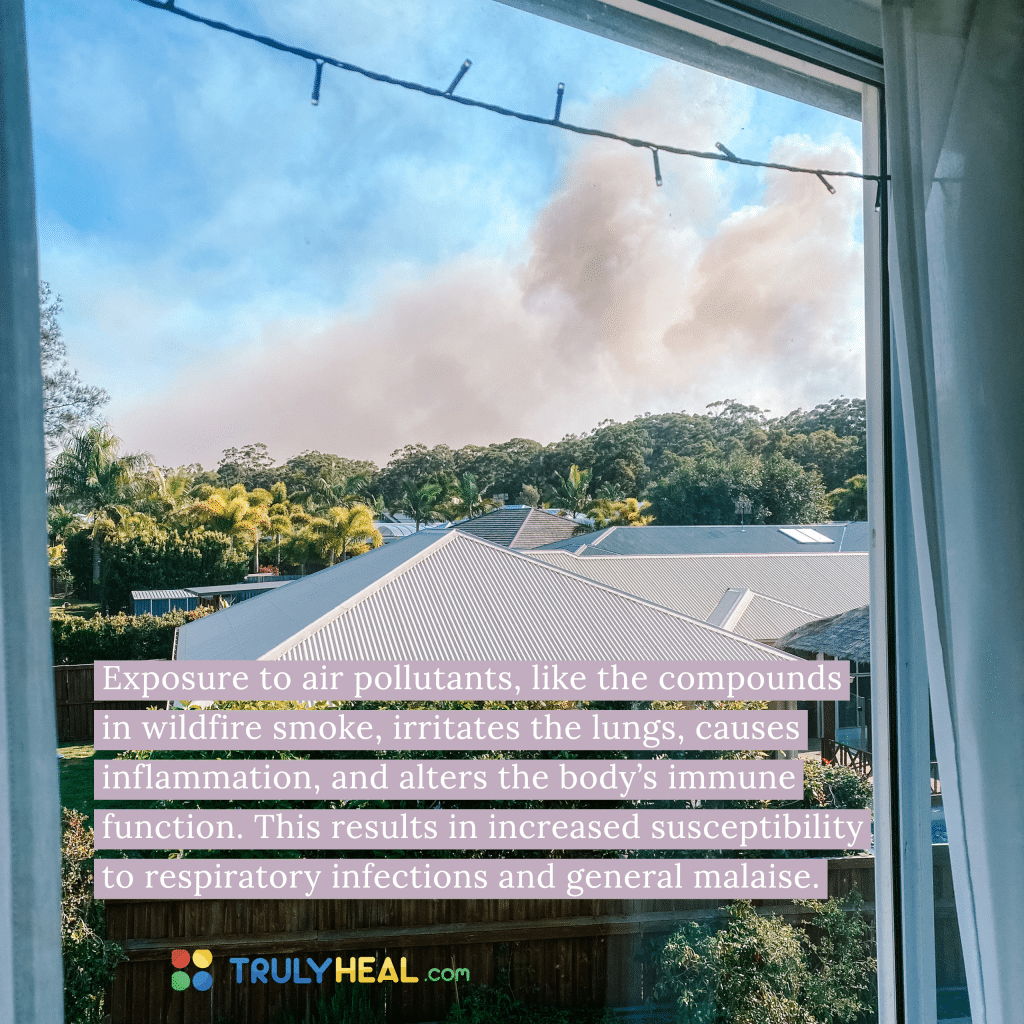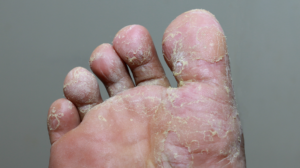Inflammation and Lung Health
Inflammation is at the core of all diseases. Chronic inflammation develops as a result of many factors including poor diet, chronic stress, lack of sleep, unhealthy lifestyle choices, and toxic exposure from our environment. This chronic inflammation increases the risk of disease development, including lung disease. A system suffering from chronic inflammation will eventually make your immune system and lungs more vulnerable to infections – including respiratory infections such as pneumonia, bronchitis, and more.
Outdoor and Indoor Toxic Exposure
Air pollution is a huge issue in our modern world! Emissions from cars and other forms of transportation, cigarette smoke, wildfire smoke, landfills and waste, agricultural activities, burning fossil fuels, mining operations, natural events, indoor pollution… it’s impossible to completely escape the toxins in our environment.
Cigarette Smoking
We are now well aware that smoking cigarettes is incredibly dangerous and damaging to the lungs. This habit increases the risk of developing (and worsens the symptoms of) asthma, allergies, and chronic upper respiratory tract issues. The dangers of smoking don’t stop with the smoker – regular exposure to second-hand smoke can be just as harmful to your lungs.
Air Pollution
Unfortunately, air pollution can be just as harmful as smoking cigarettes. It has been found that air pollution can cause asthma, chronic respiratory issues, lung infections, allergies, reduced lung function, chronic bronchitis, and even lung cancer.
Therefore, improving air quality is critical for maintaining our health now and in the long run. As mentioned above, we don’t have a lot of control over our external environment, but we can have a level of control over our indoor environments.
Mould and Mycotoxins
Mould and mycotoxins are responsible for causing a host of respiratory symptoms, compromising the immune system, and leading to widespread damage and inflammation. Unfortunately, mould is also relatively common and found in many homes.
Mould enters our bodies through the respiratory tract as we breathe in the spores. Mould has the ability to grow almost anywhere (especially indoors) as it thrives in damp, musty and dark areas such as bathrooms, basements, and attics.
While some people don’t notice any health changes when exposed to mould, others notice major impacts to their lung health, breathing capacity, and general wellness. Many also develop allergies, infections, and asthma.
Investing in a quality air filtration system in your home (and/or office!) can do wonders for improving your air quality and the health of your lungs. You can also use houseplants to clean the air, as plants not only add oxygen but also remove toxins and impurities from the air. Some of the best plants to purify the air include ferns, snake plants, aloe vera, spider plants, English ivy, and peace lilies.






















One Response
https://www.facebook.com/groups/1018765261911444/permalink/1028459664275337/ since we live in this kind of environment its even moreso important to look after our lung health. Thank you for your information. We all need to make at home health care a priority but we also need to get this info out about what the government is doing to reduce our numbers.